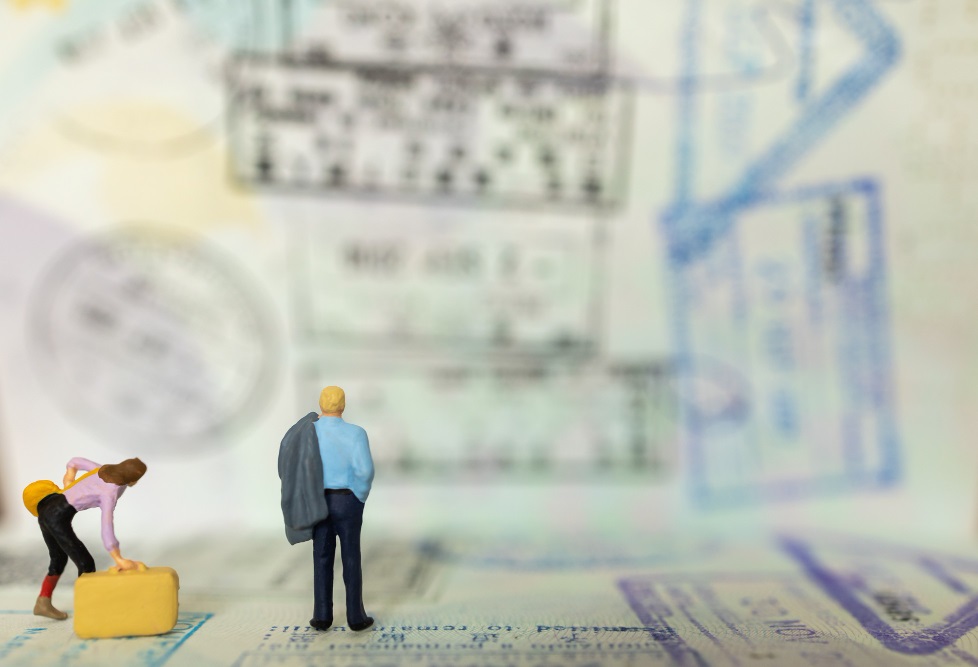Sweden Expected to Have More Emigrants Than Immigrants This Year
Key Points
1. Sweden is anticipated to experience a net outflow of people in 2024, marking a reversal not seen in over 50 years.
2. The number of asylum seekers is expected to hit its lowest level since 1997, with immigration decreasing by 15 percent and emigration rising by 60 percent in early 2024.
3. Sweden issued 47,711 residence permits in the first half of 2024, a five percent increase compared to the same period in 2023.
Sweden is on track to see more people leaving the country than arriving in 2024, a significant shift that hasn't occurred in more than half a century.
This change is largely attributed to the government's strict immigration policies, leading to a projected net outflow of residents.
The Swedish Migration Agency’s latest forecast suggests that the number of asylum seekers will reach its lowest point since 1997.
Preliminary data indicates a 15 percent drop in immigration and a 60 percent increase in emigration from January to May 2024.
Record Low Asylum Applications in Sweden
During this period, the number of emigrants exceeded immigrants by 5,700. Sweden, which has welcomed a substantial number of migrants from conflict zones such as the former Yugoslavia, the Middle East, and Africa since the 1990s, is now experiencing net emigration for the first time in 50 years.
Swedish Migration Minister Maria Malmer Stenergard highlighted that the reduction in asylum applications and related residence permits reflects a shift towards what she calls "sustainable immigration," aimed at improving integration and reducing social exclusion.
This decline in asylum applications isn't new; in 2016, Sweden saw 28,939 asylum seekers, a sharp drop from the 162,877 applications in 2015.
The recent increase in emigration is particularly noticeable among people from Iraq, Somalia, and Syria, with net immigration from these regions turning negative for the first time in decades.
New Swedish Migration Policies Tighten Family Reunification
In July 2024, the Swedish government introduced stricter migration policies, including tighter family reunification regulations.
The government also announced that a special investigator would review Sweden's rules on granting residence permits based on family ties, aiming to create a more restrictive and efficient framework for family immigration.
According to the Swedish Migration Agency, 47,711 residence permits were issued in the first half of 2024, a five percent increase from the 45,138 permits granted during the same period in 2023.
Most permits were issued for employment, family reunification, studies, and asylum, with employment being the leading category, accounting for 14,615 work permits granted to foreigners.

